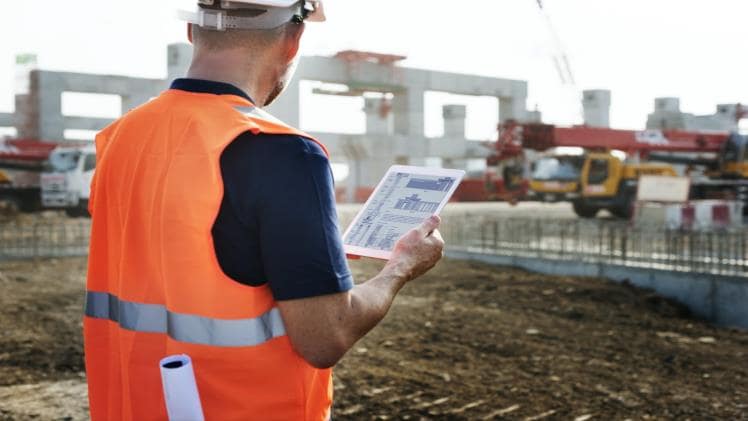Construction projects are very different from other projects. Every project has unique factors, having various contributors, changeable circumstances, and special requirements. But covering them all, you will realize construction project phases are notably the same.
The construction phases of the project progress on a continuous schedule. If there were no timelines, you would not have an instructing structure for the project. The estimating tool for construction industry helps the contractor work on the timeline provided.
Design is the first process that starts in the phase of a construction project. At this moment, the owner builds the aspect for constructing the project. In other cases, after everything is considered, the owner might find out the project Is not achievable.
A construction project involves five vital phases; initiation, planning, implementation, performance plus monitoring, and closing. Below is a detailed review of the construction life stages.
1. Initiation Stage
If you are a construction manager entrusted with a project and do not know what to do, start by assessing the assignment ahead and carry out an attainability check. A practicability assessment studies whether the submitted results range with the primary goals. The project manager should check if the project is worth the effort.
The project manager should examine the proposal from a broad viewpoint, clarify the project, and provide reasonable solutions to particular demands.
The construction manager should not make the decisions alone; they should ask their team members if they have extra suggestions. Afterward, they should ensure that a finalized, approved solution is found. When everything about the construction project is confirmed, they have to develop a Project Initiation Document (PID). The document comes in the form of a blueprint. It points out the actual purpose of the construction project.
2. Planning Phase
Planning a construction project is crucial to successfully controlling a single area or multi-area project. Consequently, in the construction project life cycle, your members should pick out the scope of the assignment and come up with a road map. They should point out the measures required and the plan of where they will source.
All the set objectives should be straight to the point, significant, achievable, practical, and suitable.
3. Execution Phase
This is the stage that should take most of the time. A construction strategy has to be into implementation. Productive communication plays a huge responsibility during the performance. Confirm that the forecast specified in the planning phase is followed. When observing how the project is doing, put down any differences from the initial strategy.
An outstanding execution phase is categorized by;
- An experienced team
- Budgeting for the resources
- Improved project strategy
- Reports from meetings
- Following techniques in place
- The Phase of Performance and Tracking
This phase occurs concurrently with implementation activities. The process of performance and monitoring makes sure that the commodity lines up with the project plan. Hence, it is an efficient phase that must be rechecked during implementation.
All the exercises of a business construction procedure from the beginning to the end should range from the project management proposal.
5. Closing Phase
The last phase is essential because it provides achievements to the customer. In this step, the construction manager reviews all the highlights to confirm that all delicate areas have been polished. The construction manager then informs the other members and gives the papers to their sanction operator. This construction company in Jaipur follows all these phases to work on these important construction projects.
Before closing the supplier agreements, you are supposed to evaluate the termination of services and provide a written notification.
Lastly, research to investigate the periods learned. Point out what was planned and the areas where things did not turn out well. The evaluation will help project groups in the future.

